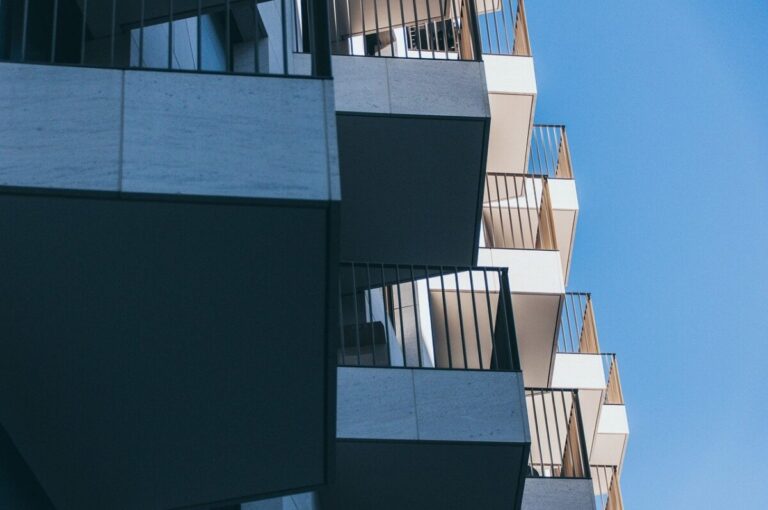The Royal Dutch Standardization Institute (NEN) has warned Dutch consumers about the risks of poor balcony PV installations.
NEN has warned Dutch consumers against deploying balcony PV systems without taking precautions to avoid the risks associated with these do-it-yourself solutions.
“Incorrect installation or connection can lead to dangerous situations,” the authority said in a statement. “The solar panels can blow away or fall through the roof, while an incorrect connection can cause a fire.”
Regarding the wind and load-bearing capacity of the modules, NEN says that systems must be properly weighted, either with paving stones or with water-filled plastic containers. The required weight varies depending on several factors, and installation manuals often do not provide sufficient detail.
The authority said this calculation should follow the Dutch standard NEN 7250, which outlines the application of solar energy systems or building elements with photovoltaic or thermal systems as integrated or stand-alone components of a building’s external structure.
“For containers that need to be filled with water, there is a real risk that the water will disappear over time due to evaporation or leakage, for example if the containers freeze, causing the set to become too light,” NEN explains. “Adding a lot of weight to ensure that the solar panels do not blow away is also not a good idea. If the system becomes too heavy, it can sink through the roof.”
NEN said that if a washing machine or tumble dryer shares the same circuit with solar panels, excessive current can overheat the cables, potentially leading to a fire.
It also noted that installation manuals are often unclear on how to properly connect solar panels to the inverter. “Some manuals and instructional videos even contain errors,” it says. “An incorrect connection can cause a fire, for example if plugs are not clicked together properly.”
The authority also warned that some user manuals suggest connecting multiple sets via extension cords, which could cause overload and fire. “These risks are not mentioned or not mentioned enough,” according to NEN.
This content is copyrighted and may not be reused. If you would like to collaborate with us and reuse some of our content, please contact: editors@pv-magazine.com.


